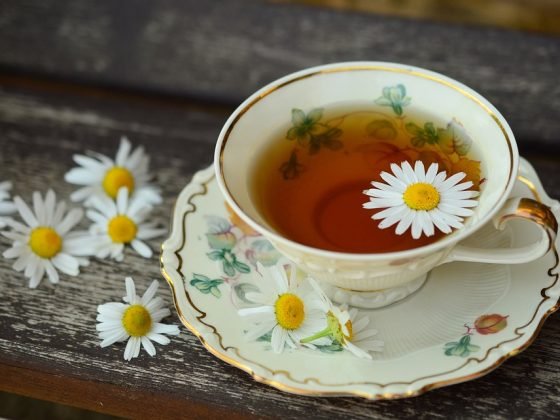In today's fast-paced world, it's easy to get caught up in the hustle and bustle of everyday life and neglect our health. However, taking care of our well-being is essential for a balanced and fulfilling life. One way to promote holistic wellness is by incorporating herbal remedies into your health routine.
Herbal remedies have been used for thousands of years in various cultures around the world to treat ailments and promote overall health and well-being. These natural remedies consist of plants, herbs, roots, and flowers that are known for their healing properties. Incorporating herbal remedies into your health routine can provide a multitude of benefits, including improved immune function, better digestion, reduced inflammation, and increased energy levels.
One of the key advantages of herbal remedies is their ability to work with the body's natural healing processes, rather than against them. Unlike many pharmaceutical medications that can have harsh side effects, herbal remedies are gentle on the body and are often more easily absorbed and utilized by the body.
There are many different ways to incorporate herbal remedies into your health routine. One of the most popular methods is through herbal teas. Drinking a cup of herbal tea each day can provide various health benefits, depending on the herbs used. For example, chamomile tea is known for its calming properties and can help reduce anxiety and promote relaxation, while ginger tea can aid in digestion and alleviate nausea.
Another way to incorporate herbal remedies into your health routine is through herbal supplements. These can be taken in pill or capsule form and are a convenient way to get the benefits of herbs without having to brew tea or prepare tinctures. Some popular herbal supplements include ginseng for energy and immune support, turmeric for inflammation, and echinacea for cold and flu prevention.
In addition to teas and supplements, herbal remedies can also be used topically in the form of lotions, creams, and oils. For example, lavender oil is known for its relaxing scent and can be used in aromatherapy to promote sleep and relaxation, while arnica cream can be applied topically to reduce inflammation and pain.
FAQs about Incorporating Herbal Remedies into Your Health Routine:
Q: Are herbal remedies safe to use?
A: Generally, herbal remedies are considered safe when used as directed. However, it's essential to do your research and consult with a healthcare professional before starting any new herbal remedy, especially if you have underlying health conditions or are taking medications that could interact with the herbs.
Q: How long does it take to see results from herbal remedies?
A: The time it takes to see results from herbal remedies can vary depending on the individual and the condition being treated. Some people may notice improvements in their symptoms within a few days, while others may need to use the herbal remedy for several weeks before seeing a difference.
Q: Can herbal remedies be used in conjunction with prescription medications?
A: In some cases, herbal remedies can be used safely alongside prescription medications. However, it's essential to talk to your healthcare provider before combining the two, as some herbs can interact with certain medications and affect their efficacy.
Q: Where can I purchase herbal remedies?
A: Herbal remedies can be found at health food stores, pharmacies, and online retailers. It's essential to purchase high-quality herbs from reputable sources to ensure their effectiveness and safety.
In conclusion, incorporating herbal remedies into your health routine can be an excellent way to promote holistic wellness and support your overall well-being. Whether you choose to use herbal teas, supplements, or topical treatments, there are many options available to help you harness the healing power of plants and herbs. By incorporating herbal remedies into your daily routine, you can take proactive steps to improve your health and live a more vibrant and balanced life.











